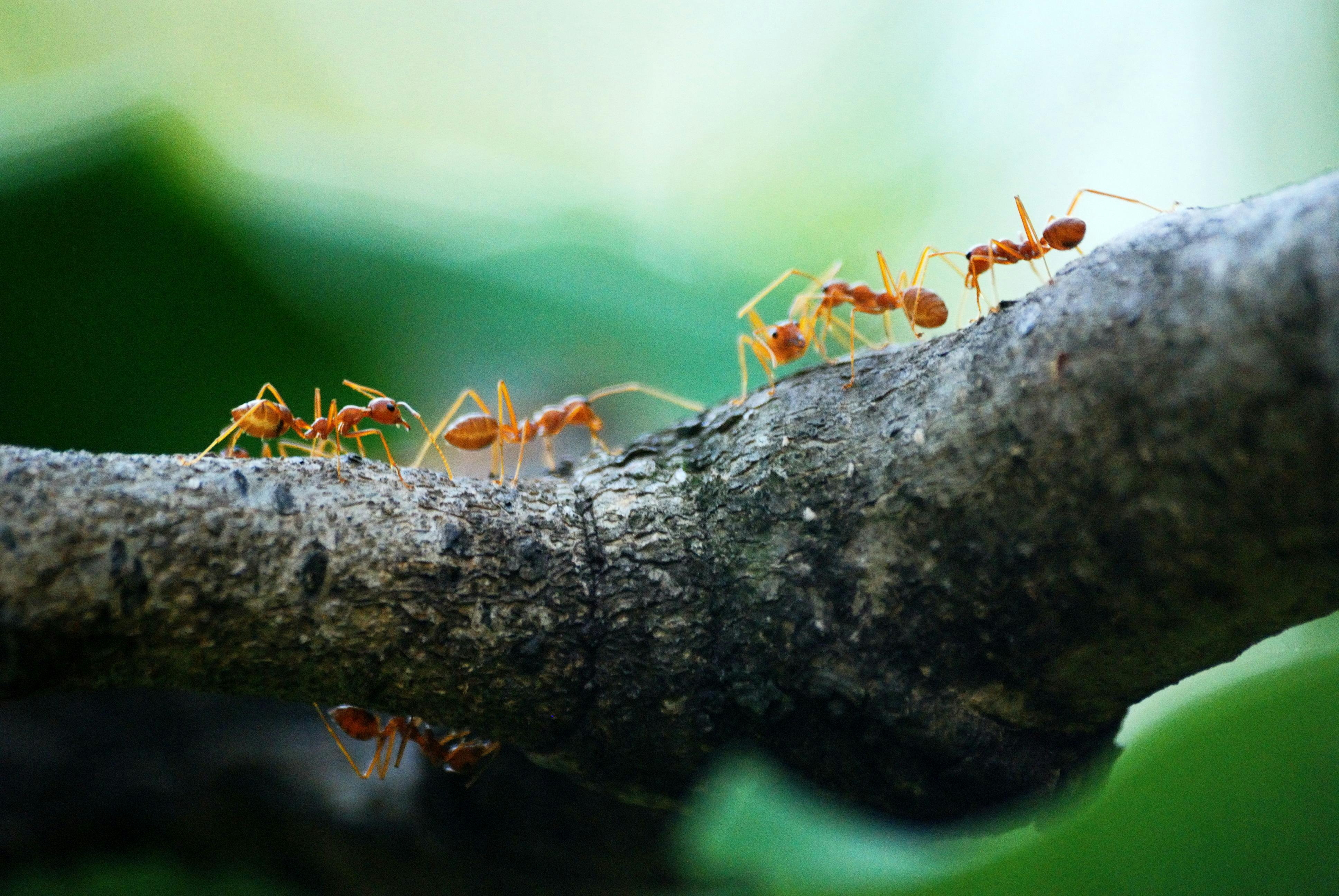A Deeper Understanding of Depression: History, Impact and Modern Trends
Depression isn't just a modern-day affliction. Its roots are deeply embedded in human history, and it continues to impact millions of people around the world. Understanding depression - its history, causes, effects, and current trends - is essential to promote overall wellbeing. As the World Health Organization (WHO) recognizes depression as the leading cause of disability worldwide, it's time we delve deeper into this often misunderstood condition.
Depression in Historical Context
Depression isn’t a new phenomenon. The term “melancholia,” an ancient term for depression, was coined by Greek physicians around the 5th century BC. They believed that an imbalance in the body’s four humors - blood, phlegm, yellow bile, and black bile - led to depression. However, it was not until the 20th century that depression began to be studied and understood as a mental health disorder.
In the 1950s and ’60s, the advent of antidepressants, such as Monoamine Oxidase Inhibitors (MAOIs) and Tricyclic Antidepressants (TCAs), marked a significant shift in the understanding and treatment of depression. It was during this era that depression began to be recognized as a biochemical disorder, rather than a character flaw or a sign of personal weakness.
The Impact of Depression
The impact of depression is profound and far-reaching. It affects an individual’s ability to function in their daily lives, impacting their work, relationships, and physical health. According to the WHO, more than 264 million people of all ages suffer from depression worldwide. It’s a leading cause of disability, contributing significantly to the overall global burden of disease.
Depression is also a major contributor to suicide, which claims the lives of nearly 800,000 people each year. The economic impact is equally significant. In the United States alone, the economic burden of depression is estimated to be more than $210 billion per year, encompassing direct medical expenses, lost productivity, and suicide-related costs.
Modern Understanding and Treatment of Depression
In recent years, there has been a growing understanding of depression as a complex disorder influenced by a combination of genetic, biological, environmental, and psychological factors. This has led to a shift in treatment strategies. Today, depression is typically treated with a combination of medication and psychotherapy.
Selective Serotonin Reuptake Inhibitors (SSRIs) and Serotonin and Norepinephrine Reuptake Inhibitors (SNRIs) are the most commonly prescribed antidepressants. Cognitive Behavioral Therapy (CBT) is also widely used, helping individuals identify and change negative thought patterns that contribute to depression.
Current Trends and Future Directions in Depression Research
The field of depression research is continually evolving. One of the most exciting developments is the growing interest in the role of inflammation in depression. Studies suggest that inflammation in the brain may contribute to the development of depression in some individuals.
Another promising area of research is the use of novel treatments such as ketamine, a drug traditionally used as an anesthetic. Preliminary research suggests that low doses of ketamine may have rapid antidepressant effects in individuals with severe depression.
There is also a growing recognition of the importance of lifestyle factors in managing depression. Regular physical activity, a healthy diet, adequate sleep, and mindfulness-based practices are increasingly recognized as crucial components of a comprehensive approach to treating depression.
Conclusion
Depression is a complex disorder with a rich historical context and a significant global impact. Our understanding of this condition has evolved significantly over the centuries, and ongoing research continues to shed light on its causes and potential treatments. As we continue to learn more about depression, the hope is that we can reduce its prevalence and impact, improving the wellbeing of millions of people around the world.





